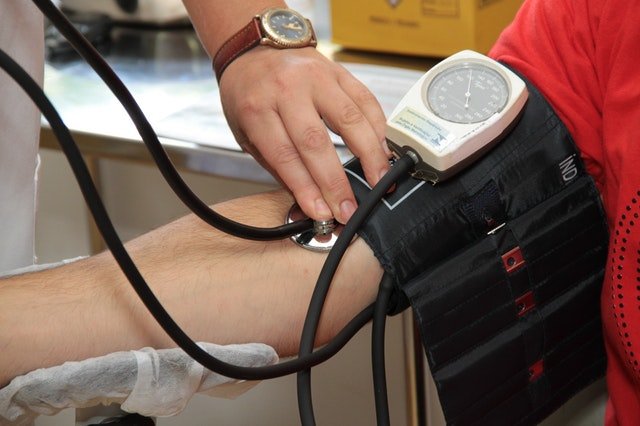
In a recent study, researchers found that exposure to blue light could decrease blood pressure, reducing the risk of developing cardiovascular disease.
The study was conducted by a team at the University of Surrey and Heinrich Heine University Dusseldorf in collaboration with Philips.
In this study, participants were exposed to 30 minutes of whole-body blue light at approximately 450 nanometres.
This is a dose comparable to daily sunlight – followed by exposure to a control light on a different day.
Visible blue light, as opposed to ultraviolet (UV) light, is not carcinogenic.
To assess the impact, the researchers measured participants’ blood pressure, the stiffness of arteries, blood vessel dilation and blood plasma levels of nitric oxide stores before, during, and up to two hours after irradiation with both lights.
The team found that exposure to whole-body blue light significantly reduced the systolic blood pressure of participants by almost 8 mmHg, compared to the control light which had no impact.
The reduction of blood pressure from blue light is similar to what is seen in clinical trials with blood pressure lowering drugs.
Besides blood pressure lowering effects, it also showed that exposure to blue light improved other cardiovascular risk markers including reduction of arterial stiffness and increasing blood vessel relaxation.
This further supports that light could be used to prevent cardiovascular disease, which kills over 150,000 people in the UK every year.
The researchers also found that exposure to blue light increased levels of nitric oxide which is an important signaling molecule that protects the cardiovascular system.
It is believed that blue light releases from the skin into the blood stream where it relaxes the blood vessels, increasing blood flow and decreasing blood pressure.
The researchers suggest that exposure to blue light provides an innovative method to precisely control blood pressure without drugs.
Wearable blue light sources could make continued exposure to light possible and practical.
This would be particularly helpful to those whose blood pressure is not easily controlled by medication, such as older people.
The study is published in the European Journal of Preventative Cardiology.
Copyright © 2019 Knowridge Science Report. All rights reserved.
Source: European Journal of Preventative Cardiology.



